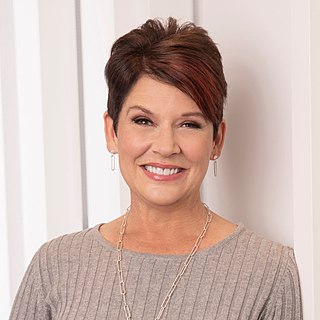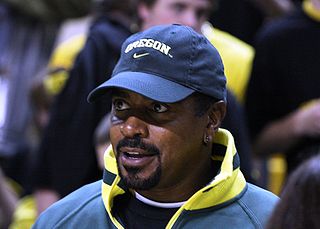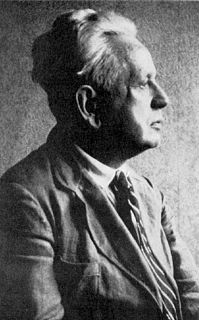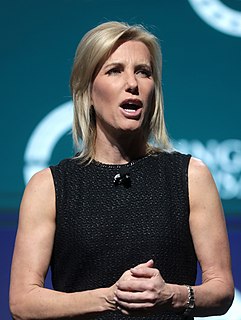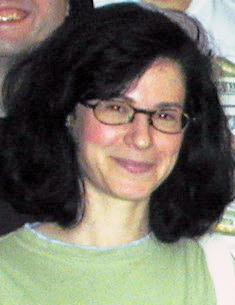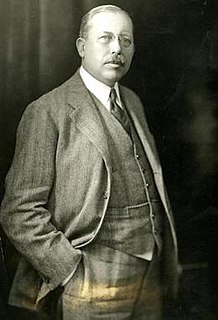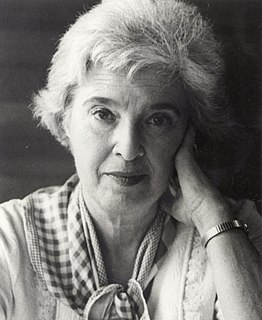A Quote by Martin Luther
All our experience with history should teach us, when we look back, how badly human wisdom is betrayed when it relies on itself
Related Quotes
To recognize our bias toward error should teach us modesty and reflection, and to forgive it should help us avoid the inhumanity of thinking we ourselves are not as fallible as those who, in any instance, seem most at fault. Science can give us knowledge, but it cannot give us wisdom. Nor can religion, until it puts aside nonsense and distraction and becomes itself again.
Rulers, Statesmen, Nations, are wont to be emphatically commended to the teaching which experience offers in history. But what experience and history teach is this - that people and governments never have learned anything from history, or acted on principles deduced from it. Each period is involved in such peculiar circumstances, exhibits a condition of things so strictly idiosyncratic, that its conduct must be regulated by considerations connected with itself, and itself alone.
Sports can unite a group of people from different backgrounds, all working together to achieve a common goal. And even if they fall short, sharing that journey is an experience they'll never forget. It can teach some of the most fundamental and important human values: dedication, perseverance, hard work, and teamwork. It also teaches us how to handle our success and cope with our failure. So, perhaps the greatest glory of sport is that is teaches us so much about life itself.
What they teach you as history is mythology and true mythology is far from fantasy -- it is our true history. A bulk of our real history can be found in Egyptian and Greek mythology. Yes, myths reveal to us worlds of other dimensions that make up our true reality. History books teach us that the minds of the past operated on the same frequency, dimension, or level of consciousness as we do now. Not true at all.
Certainly these are not easy times. But history does not contain very many easy times. Years from now, we will look back at this moment--when we worked to reclaim our country--and our children will ask us how we contributed to this mighty undertaking. Our story should be one of patriotic people who beat back the onslaught of radicalism with courage and commitment.
?Reading good literature is an experience of pleasure...but it is also an experience of learning what and how we are, in our human integrity and our human imperfection, with our actions, our dreams, and our ghosts, alone and in relationships that link us to others, in our public image and in the secret recesses of our consciousness.
The job of the linguist, like that of the biologist or the botanist, is not to tell us how nature should behave, or what its creations should look like, but to describe those creations in all their messy glory and try to figure out what they can teach us about life, the world, and, especially in the case of linguistics, the workings of the human mind.
That morning I experienced vividly, if almost subliminally, the reality of change itself: how it fools our sentinels and undermines our defenses, how careful we are to look for it in the wrong places, how it does not reveal itself until it is beyond redress, how vainly we search for it around us and find too late that is has occurred within us.
The world of pure spirits stretches between the divine nature and the world of human beings; because divine wisdom has ordained that the higher should look after the lower, angels execute the divine plan for human salvation: they are our guardians, who free us when hindered and help to bring us home.
What we men share is the experience of having been raised by women in a culture that stopped our fathers from being close enough to teach us how to be men, in a world in which men were discouraged from talking about our masculinity and questioning its roots and its mystique, in a world that glorified masculinity and gave us impossibly unachievable myths of masculine heroics, but no domestic models to teach us how to do it.
There are obviously two educations. One should teach us how to make a living and the other how to live. Surely these should never be confused in the mind of any man who has the slightest inlinkng of what culture is. For most of us it is essential that we should make a living... In the complications of modern life and with our increased accumulation of knowledge, it doubtless helps greatly to compress some years of experience into far fewer years by studying for a particular trade or profession in an institution.
We can learn from history how past generations thought and acted, how they responded to the demands of their time and how they solved their problems. We can learn by analogy, not by example, for our circumstances will always be different than theirs were. The main thing history can teach us is that human actions have consequences and that certain choices, once made, cannot be undone. They foreclose the possibility of making other choices and thus they determine future events.

